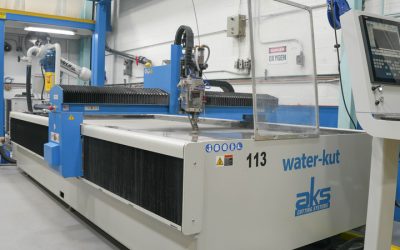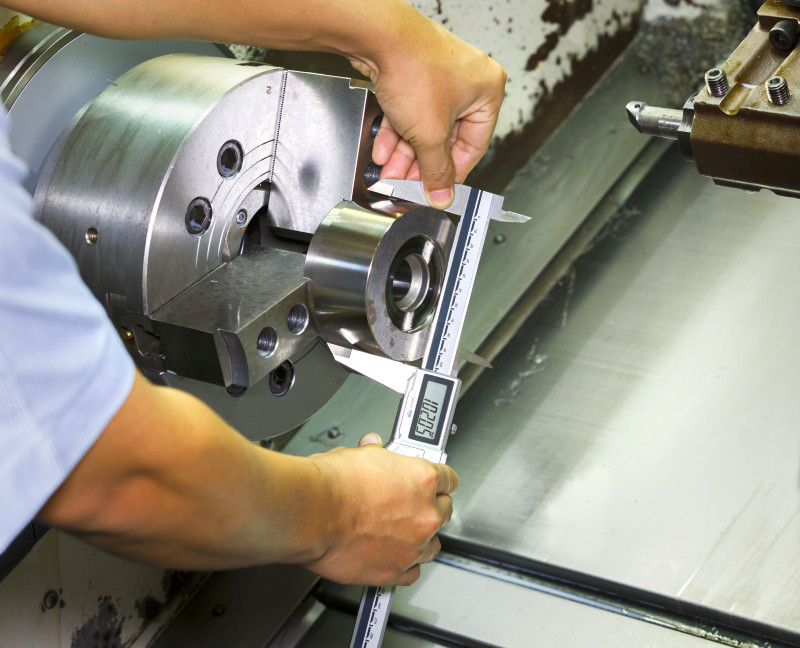More and more people are able to use a wider range orthopedic implant to help with joint mobility, stability and range of motion. These devices can be made of a variety of materials including metals and alloys as well as plastics and composite materials.
There are orthopedic implants that can be used to replace just about every joint in the body, including fractures of the spine and neck. There are also implants to strengthen the bones in the legs and the arms as well as small devices used in the fingers and the toes. Some types of implants are specific components such as screws, rods or plates that used to anchor and support bones while they heal.
Often Simple
While many medical implants are very complicated devices, orthopedic implants are often relatively simple in their design. This allows the developer to work directly with orthopedic implant manufacturers to get the product from the concept stage through prototype development, validation and eventually to market.
The choice of orthopedic implant manufacturers is, therefore, an important consideration. Some companies have the experience and the expertise to provide the full scope of the services in-house while others may only offer some services.
The Development Process
As a simplified guideline, the basic process all orthopedic implant manufacturers follow will generally be the same. If there are other manufacturers and specialized components in place the process can get more complicated and complex.
* Design – the developer and the design engineer or team from the machining company will typically work together to create a prototype. This will be designed to meet all standards and regulatory requirements based on the specific type of device. This will be modified and adjusted until it is correct and ready to be produced for market. This is the longest and most detailed part of the process.
* Machining – this is the process where the manufacturer works to design a fast, effective and efficient way of producing the design based on the requirements of the implant and the materials selected by the developer and approved for use in the production. This machining or milling will be completed to extremely tight tolerances, with each piece virtually identical to the plan specifications. This is true for larger components such as joint replacements or smaller implants such as pins and screws.
Throughout the entire process, the manufacturer will implement a quality control system. This ensures that all components and parts produced for the implant will meet the highest possible standards, ensuring the parts are of the best possible quality for use in medical procedures.

